Putin’s Puppet
Identity is a concept I’ve always struggled with. A frequent occupant of the first row in class pictures, I’ve been easy to overlook both literally and figuratively. I didn’t hit triple figures in weight until freshman year, and muscle mass was more mythical than attainable for my barely five foot frame. I was told to drink more milk, and drink more milk I did. Unaware, at the time, that my lactose intolerance would send that calcium out of my body quicker than Usain Bolt ran the 100 meters in the 2008 Olympic games. Thwarted attempt after thwarted attempt to “get bigger” sent me spiraling into intense insecurity. And surprisingly, having what seemed to be my hundredth second opinion from digestive experts being, “some kids are just skinny” didn’t exactly slow that spiral. I felt insignificant and completely out of control, and these feelings frustrated me.
As this frustration coincided with the beginning of my adolescence, I began to search for passions. The first of my many loves was basketball. My parents grew up on the outskirts of Chicago, so their nostalgia for Michael Jordan and the 90s Bulls became mine. The word “obsessed” wouldn’t do my love for this man justice. I would lose days, weeks, to consuming Michael Jordan content. Idolization slowly transformed into complete emulation. I would spend hours and hours practicing in my basement, dribbling until my arms gave out. I wanted to be like Mike. Watching his old Gatorade and Nike commercials, memorizing his lines. I needed to be like Mike. Analyzing old game film over and over again, copying his moves. I was going to be like Mike. If I continued on that track to this day, I would probably be writing this essay full of Vodka, smoking a cigar with my third wife in Florida, after shit-talking Scottie Pippen on national television (exhale). This dedication to the man and the sport served me well. As I believe humility is nothing more than a waste of time, I will keep in rhythm with this belief, and will, for efficiency’s sake, just say that I became really good at basketball. So much so that my coaches and classmates started to notice. Simple acknowledgements of my improvements and newfound talent filled me with elation. When I stepped onto a basketball court, that feeling of insignificance didn’t exist. I was the center of attention. I was the star. The sport as a source of confidence and self-worth proved unsustainable as tryouts for the official school team began. When competing against my peers, it became abundantly clear to all parties that having the team's point guard be comparable to the ball in stature was not necessarily a positive. My love for basketball never dissipated, but the realization that my NBA dreams were probably out of reach simply because of my stature, helped me accept that that love wasn’t completely mutual. I needed to move on. But what else could possibly make me feel like I did on the court? What could ever compare to the roar of a crowd?
There was only one other moment in my life that was equivalent…making Ms. Hudson laugh. She was a 20-something, amber eyed, dirty blonde whose smile killed me over and over again. And although this seemed completely irrelevant to me at the time, she was my third grade teacher. As she taught me how to use commas in my compositions, she also unknowingly taught me what it was like to fall madly, deeply, in love with a woman. God, was she an educator. Nothing in life was more important than charming her. And I decided that my best chance at achieving this would be during reading circle, the most romantic part of any third grader’s day. The lower school reading curriculum at St. Bernard’s school at the time included a short novel written about Soviet espionage during WWII. As that day’s period started, and we ventured further into the book, a student began struggling with the more complex political elements of the story. There was some confusion around the multiple spies the plot surrounded and the question of “who was spying for who?” created division within the class. Looking for a way to clear up this confusion, Ms. Hudson created a roleplay scenario to make it easier for the students to visualize the story. Personifying characters and “becoming the book” just so happened to be a staple of her reading circle. Sensing an opportunity, I quickly volunteered for this scenario. She assigned me my role, suggesting a scenario to the class, “Let’s imagine that Willie is a Russian spy-” I immediately cut her off, and in a deep Soviet cadence, responded, “Haha, yes, I am Putin’s puppet.” She laughed for what felt like years. So long that the other students in the circle that didn’t even understand the joke started laughing just because she was. So long it prevented any productivity for the rest of the class. She even made a couple attempts to return to the lesson, but kept breaking down in tears at the thought of my comment. It was the best day of my life.
In that moment, I wasn’t just significant, I was outstanding. My height didn’t have any effect on the structure of my setup, and my weight didn’t have any bearing on the quality of my punchline. You could bench press ten times my body weight, but god knows you’ll never have better delivery. That singular moment in the reading circle that day was an epiphany. There was no doubt in my mind about who I was, and where I was going. From then on, I’ve known exactly what I’ve wanted to do with my life. And that is a gift and a privilege that I don’t take for granted.
Willie Nuttall

